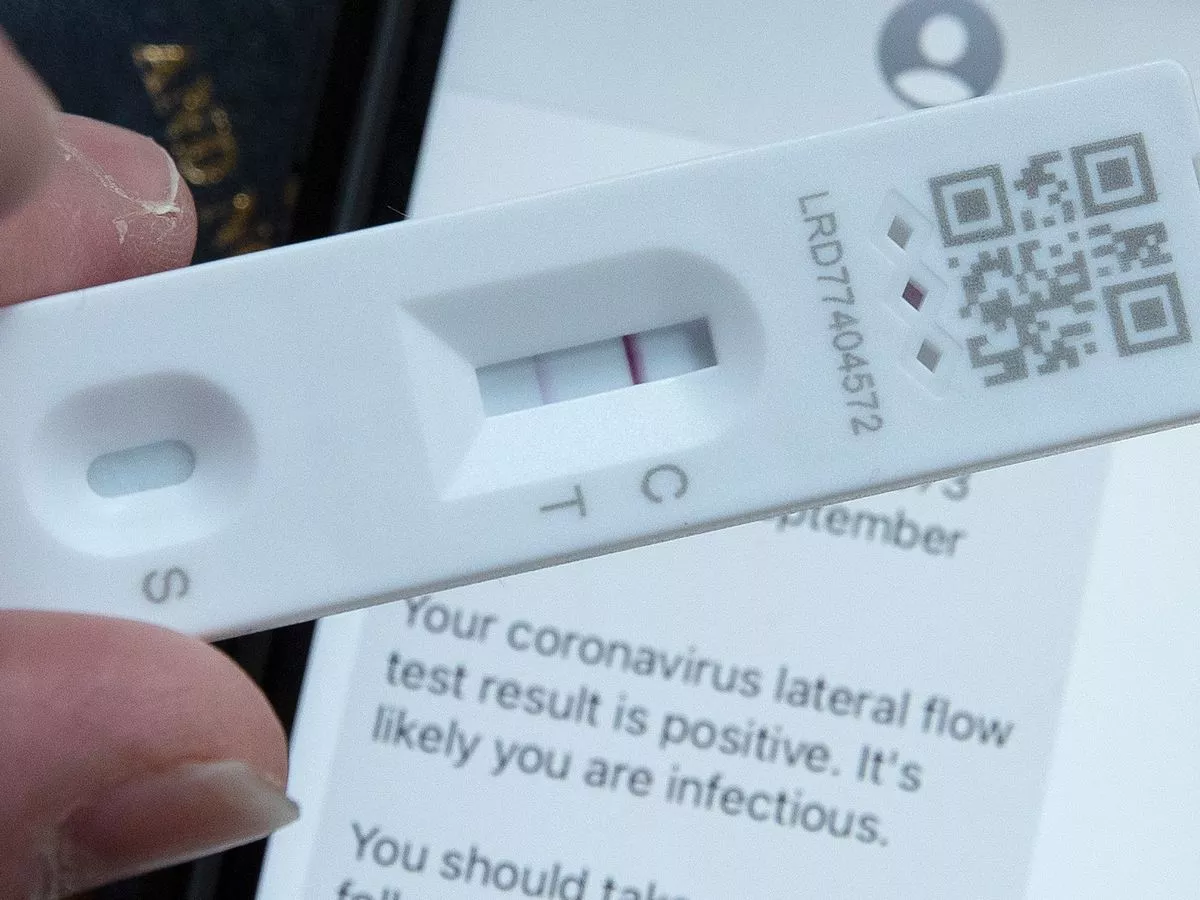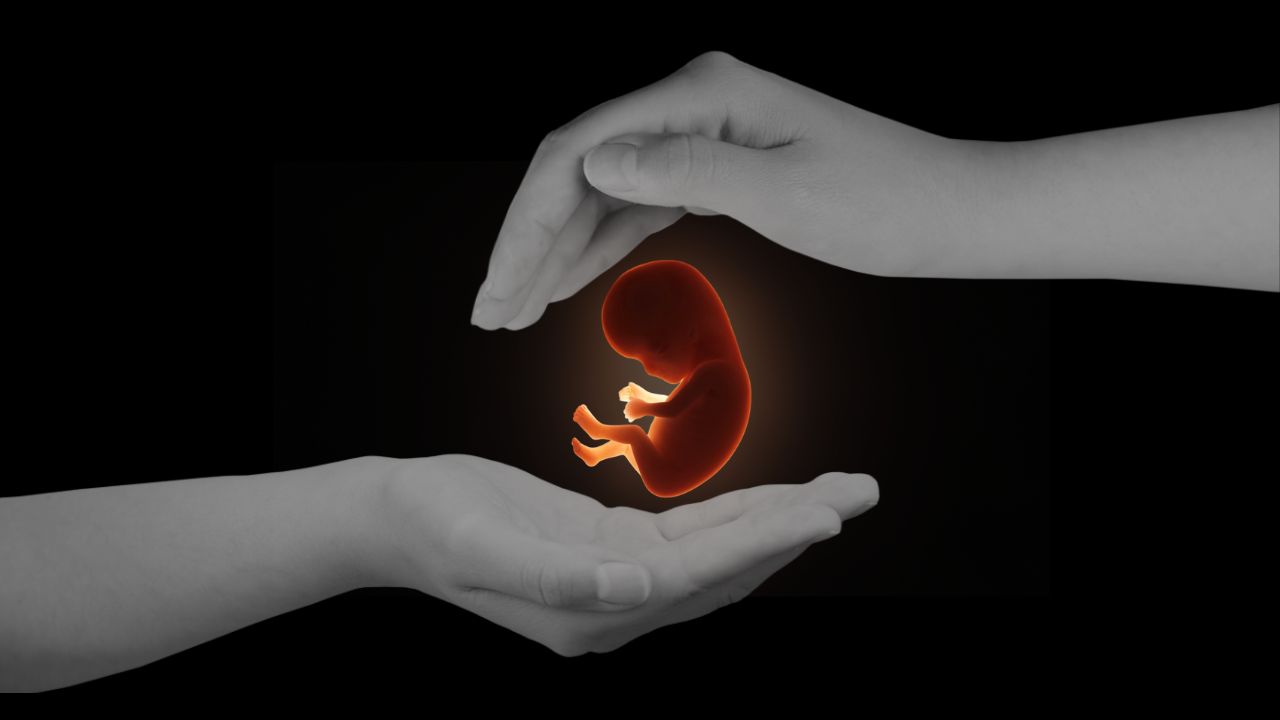By Ben Hurst,Hannah Ahmed,Kate Lally
Copyright birminghammail

New research has suggested there is one symptom of Covid women experience that men do not. Covid cases are continuing to rise once more as the autumn-winter period creeps in, with ‘Stratus’ and ‘Nimbus’ strains placing a firm grip on the UK. However, it appears there is one side effect of long Covid which women are battling, which men do not. Scientists have discovered women who are facing long Covid tend to experience longer and heavier periods in comparison to those who have never had the virus. The data also suggested the severity of long Covid symptoms can also depend on what stage of the menstrual cycle you are on, with the side effects said to intensift around the time of every period. READ MORE: Doctor warns over Covid symptom which could get worse ‘at night’ Findings regarding long Covid saw scientists from the universities of Edinburgh, Oxford and Montpellier analysing data from an online UK survey involving over 10,000 women between March and May 2021. Over 1,000 women suffering from long Covid, 1,700 who had recovered from acute Covid infection and 9,000 never-infected individuals were included in the study, the Mirror reported. The research revealed that women with long Covid reported heavier, longer periods and more bleeding between periods than those who had not been infected with the virus. In contrast, those who had recovered from a short-term Covid illness experienced less disruption to their periods. Dr Jackie Maybin, reader and consultant gynaecologist at the University of Edinburgh’s centre for reproductive health and NHS Lothian, said: “Heavier, longer periods can result in iron deficiency. “Given the symptoms that those with long Covid are already enduring, it is essential that we rapidly identify menstrual disturbance and have effective treatments to prevent iron deficiency and its associated fatigue, weakness and shortness of breath. “This study is the first step towards specific treatments for menstrual disturbance in women with long Covid and may also lead to new treatments for long Covid symptoms that are tailored for women.” The research team analysed the impact of different stages of the menstrual cycle on long Covid symptoms, using an app to track daily symptoms in 54 women for three months. READ MORE: New Covid variant symptoms as strain continues to spread in UK They discovered that long Covid symptoms – such as dizziness, breathing issues and brain fog – were most severe during or just before or after the women had their period. Women reported that their symptoms eased after the expected time of ovulation. Researchers have discovered higher levels of inflammation in the blood of women suffering from long Covid during their menstrual cycle, which could contribute to problematic bleeding and influence symptom severity. In a smaller study group, scientists analysed hormone and inflammation levels in both women with and without long Covid, using samples of blood and tissue from the uterus lining. Interestingly, levels of progesterone and oestradiol – hormones produced by the ovaries – were found to be similar in those with and without long Covid, suggesting that long Covid does not significantly affect ovarian function. Dr Alexandra Alvergne, a senior researcher from the French National Centre for Scientific Research (CNRS), University of Montpellier, said: “It’s important to consider the potentially bi-directional relationship between disease and menstruation, where symptoms vary across the menstrual cycle and disease influences cycle parameters. “Here we show this may be the case for long Covid, where long Covid associates with abnormal uterine bleeding and symptoms flare up around menstruation.” The research, funded by Wellcome, the Royal Society of Edinburgh, Wellbeing of Women and UKRI, has been published in the journal Nature Communications.



